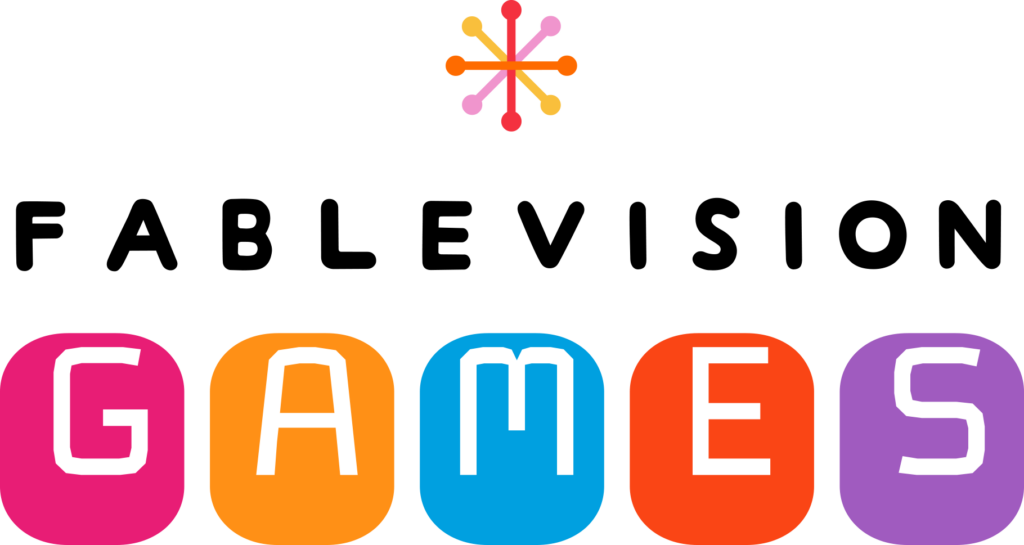Zoombinis in the Classroom
Zoombinis, with twelve math-based logic puzzles, each with four levels of difficulty, can help address and reinforce computational thinking skills such as:
- Problem decomposition: Breaking down a complex problem or system into simpler parts or chunks that are easier to understand.
- Automation: Predicting or planning a series of ordered steps or sequences for feasible and efficient solutions.
- Algorithms and procedures: Identifying and articulating a set of instructions for a specific problem or task.
- Data representation: Using and interpreting multiple representations of data or information to organize, make meaning, or solve problems.
- Abstraction/Formulation: Identifying and articulating general sets of algorithms (steps or instructions) or procedures that apply to various problem types or conditions (i.e., abstraction or formulation).
- Generalization: Applying common algorithms to a variety of problems, forming a solid set of practical approaches to problem solving.
For more information on the educational research regarding Zoombinis and mapping to standards, download our eBook here.
Education providers — schools or after-school programs
Our partners at FableVision Games offer a web-based classroom version of Zoombinis with classroom management and reporting tools and new educational materials — this is our recommended version for schools:
Zoombinis is also part of Apple’s education discount program in the iOS App Store. If your school is signed up for Apple School Manager your school can get a discount of 50% on twenty copies or more of Zoombinis for iPads. Note this version does not have classroom management or education materials bundled with it — for that see the FableVision Games web-based version above.
Individual caregivers and parents
TERC’s Education Gaming Environments Group has made available a limited set of “how-to” videos. Some materials from the original game are available here:


